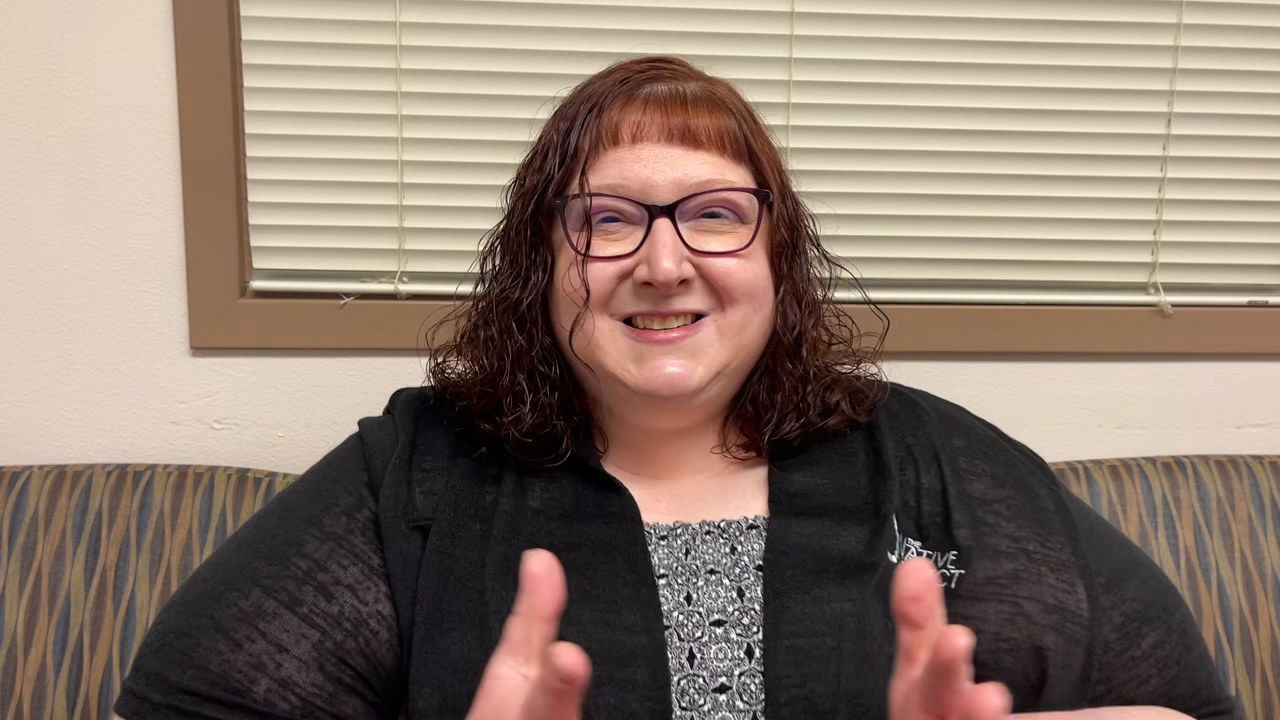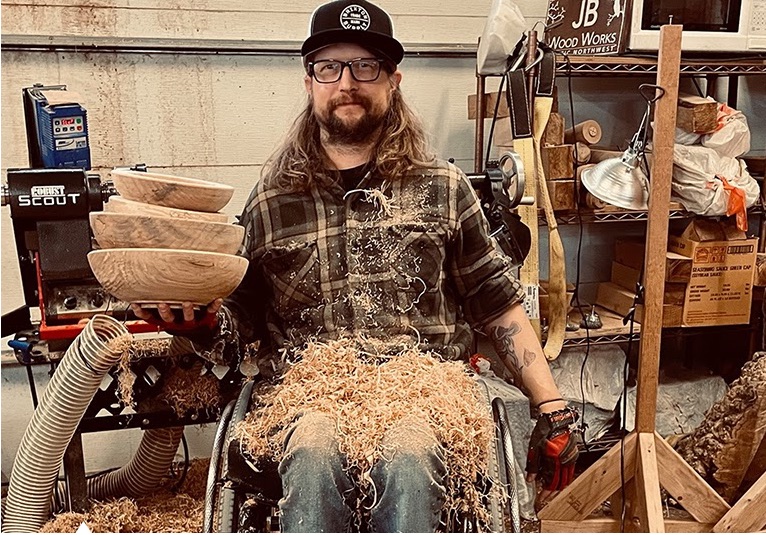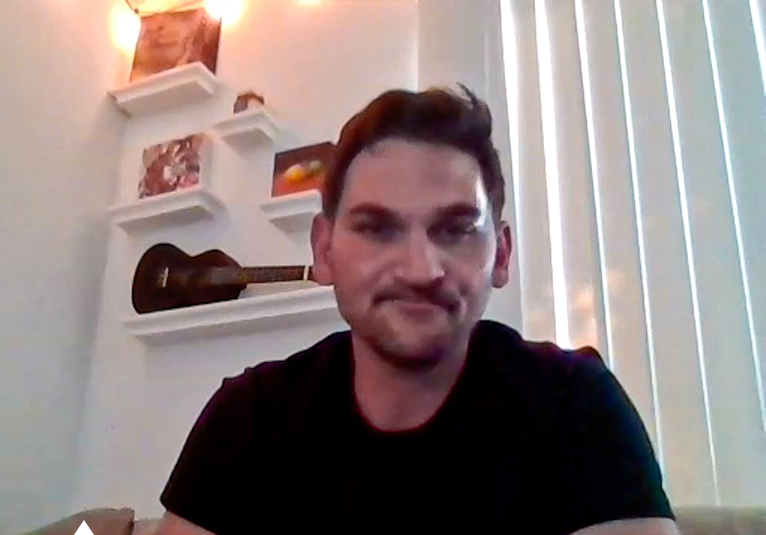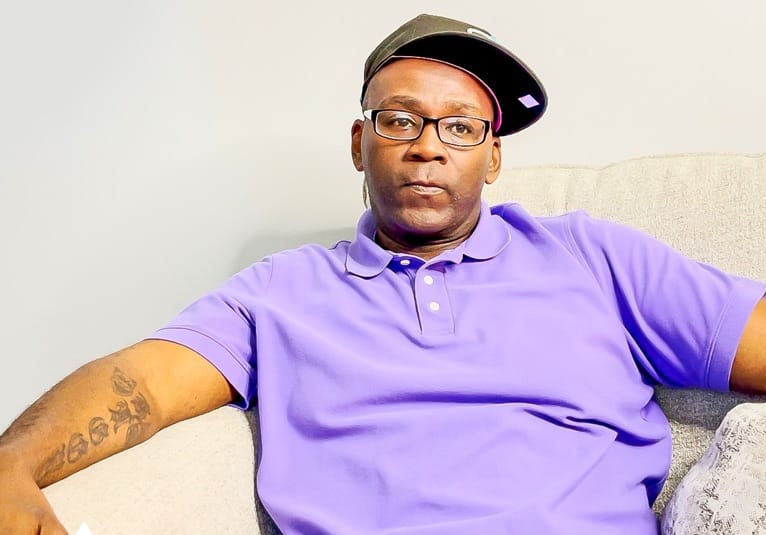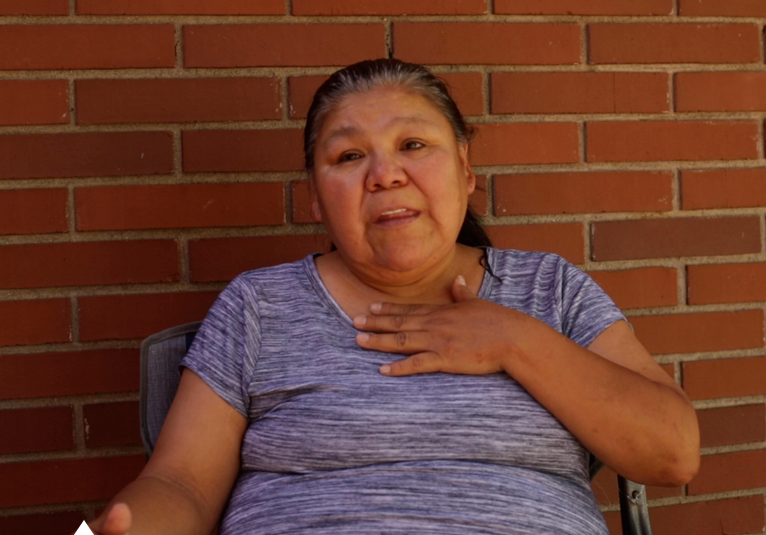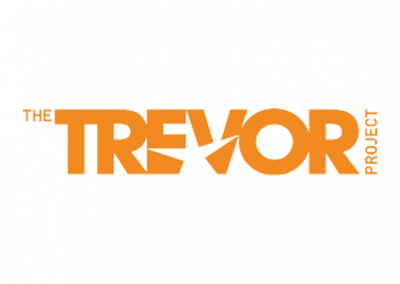Heather B Mental Health is as Important as Physical Health
I saw a movie when I was young that was about a therapist that was working with a child with autism, and that really intrigued me. And I did a lot of research about what did this mean and what was the process. And so I always have wanted to help people. And I’ve always been interested in why people are the way they are, why they behave the way they do. And so I just really wanted to help people and help people be healthy and heal from any type of trauma.
And so that’s what led me to here. And I always wanted to work with kids because I just adore kids and figure if I can help them when they’re young, they can grow up to have healthier and happier lives and hopefully have healthier and happier children. So I think that oftentimes people maybe struggle with accepting that they have a mental health concern or there’s been a lot of stigma in the past. And so I really think it’s important to educate people that this is very normal. Everybody has struggles with whether it’s depression, anxiety, trauma, abuse, everybody has experienced something and that affects our mental health, and that can also affect our physical health, our emotional health, our spiritual health.
And so I think taking care of our mental health is just as important as taking care of our physical health. And so eliminating the stigma and really helping people feel healthy, learn how to cope with things in a really good way, learn that they are not alone and that this is not something that has to define you. It’s just something that everybody deals with at some time or another and some people, it just affects more significantly. And that’s what we’re here for to help with that. Unfortunately, a lot of our population has been experienced or has experienced trauma, which leads to anxiety, depression, PTSD, and that really impacts their lives and ability to function.
And so a lot of times they’re coming in, for example, for behavioral concerns at school. And it’s not really the behavioral concerns. It’s what’s underneath and underneath is the result of the trauma and the depression, the anxiety, the symptoms are coming out as behavioral. And so it’s our job to try to figure out what’s underneath, how to cope with that, how to heal from that so that it’s not coming out in the negative, unhealthy way. I am a huge advocate for self care, and the reason is starting from little to adulthood is a lot of times we are taking care of everybody else or focused on school, work, siblings, sick parents, pets.
And if we’re not taking care of ourselves, we can’t be there for anyone else. And so a lot of times people will think self care is this big dramatic. I have to set aside 5 hours to do something and it’s really not. It can be as simple as taking five minutes to take some deep breaths refocus something that means something to you so that you can be the best whatever role you are at that time child sibling, parent student, so that you can be the best you can be, and that will affect every area of your life in a positive way, rather than the stress or depression or anxiety ruling everything.
When you take care of yourself, that is what rules everything.
If we feel better about ourselves, we’re able to function better. And so examples of self care can be anything that is helpful for you. As far as some people find that meditation or prayer or deep breathing can be very helpful. Some people really like physical self care, like exercise or yoga, that type of thing. Some people really enjoy more cognitively, stimulating self care, like reading or researching.
It can be anything that helps you just tune everything else out for even if it’s five minutes and then helps you feel better, less exhausted, less stressed, and able to be the best you can. Is there any specific technique to use with the clients that you work with? Absolutely. So usually we start with something that they enjoy that is not electronics or video games. We try to start with something they enjoy because people are more likely to engage in that.
So something a lot of our kids really love is drawing or painting. Some sort of art is oftentimes very helpful for people, and it’s very therapeutic and it’s very expressive. You can do anything and there’s no right or wrong. It’s just getting out, whatever you need to get out at the time in a good, healthy, expressive way. So oftentimes we’ll start with art and then build from there.
And it can be like I said, anything that’s helpful for the person. Sometimes I have several kids that are very into longboarding right now, and so they’ll just go out on their longboard for a half an hour, get away from everything. They’re doing some sort of physical activity that they enjoy. It helps clear their mind of anything that’s stressing them out. And then they can come home and do their homework or help out around the house without feeling all of that negative energy that builds up.
Instead. It’s positive energy because they’ve done something just for themselves. And so it’s really individual. And if you start doing self care and if you start making a routine, even like I said, five minutes a day, you will find the positive effects are so amazing that you want to keep doing it and you make it a priority. And we all need to make ourselves a priority to be the best people we can be.
A lot of people feel like they don’t have time for self care or something else needs to take a priority over self care. They have to do this, this and this or they are not worthy of self care. They have too much to do. And so what we try to do is change the way we’re thinking about it, which leads to changing our behaviors. So if we tell ourselves I am worth five minutes of calm, I am worth five minutes of thinking positive thoughts.
I am worth five minutes of just doing something for me. We will find that that makes us feel better. And there’s kind of this moment of, oh, wait, that really helps. And so people want to keep doing it. It does take a little while to do that.
So we have to again change the way we’re thinking about it and almost force ourselves to schedule self care time. And then the more we find that it benefits, and the more we feel, the benefits, the more we can make ourselves that priority. And people around us notice when we are taking care of ourselves and when we’re happier, healthier, less exhausted, less stressed, especially kids will notice that. And so if we are getting reinforcement from others that say, hey, I notice a difference in you, and we can say I’m taking care of myself.
It shows other people how important that is, too.
And as a parent, one of the best things you can do is model self care to your kids so that they grow up knowing you are worth taking the time to take care of yourself. I think the most important thing is give yourself permission to honor yourself. Take care of yourself. Take the time, because that really affects not only you, but everyone else in your world. And so again, if we can, as adults, begin prioritizing ourselves, empowering ourselves to say, I am worth taking care of myself.
And this makes me a better person and better at whatever I need to be doing at the time. We can show others the positive results of that. And it won’t be such a struggle in the future. And if you don’t know what to do, talk to your friends. Talk to your families.
Talk to a counselor. That’s what we’re here for is to help people learn what works well for them. And having support can be self care in itself is to reach out to those people that you love and trust. And if you’re not sure what works for you, try a bunch of things. Just keep trying.
Don’t give up. You’re not alone. And there are people that’s support you, no matter what you’re going through.

